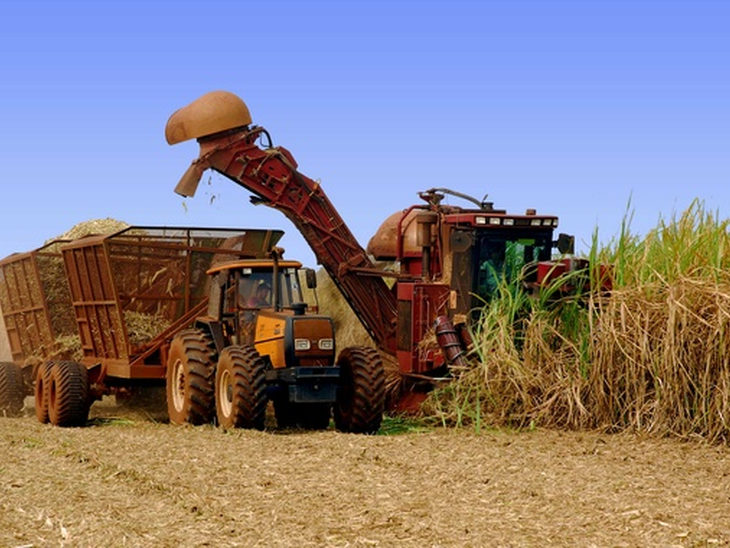
 Ethanol
Ethanol
T&B Petroleum/Press Office Unica

The economic slowdown and isolation measures to control the spread of the new coronavirus are already having an impact on ethanol sales.
Production units in the Center-South region sold 799.03 million liters in the first fifteen days of April. Of this total, sales of hydrous ethanol to the domestic market totaled 560.48 million liters, a significant drop of 35.77% compared to the same half of 2019. In relation to anhydrous ethanol, 201.20 million liters were sold domestically, against 302 , 91 million liters in the previous year.
The drastic drop in demand for fuels, the retractions in oil prices and the drop in sugar prices already impact sector revenues. In the first half of April, revenue from the sale of ethanol fell by almost 50% compared to the values recorded in the same period of 2019.
"The announcement of emergency measures is absolutely urgent and necessary in order to reduce the risk of collapse in the activities of the sector", emphasizes Antonio de Padua Rodrigues, technical director of the Sugarcane Industry Union (UNICA). "It is the maintenance of the entire production chain and its thousands of jobs that are at stake," added the executive.
Production and grinding
In contrast to the drop in sales, the crushing reached 22.38 million tons of sugarcane in the first fifteen days of the month: the second highest historical index for the period; lower only when compared to the 32.94 million tonnes obtained in the same fortnight of the 2016/2017 season. In the biweekly comparison with the result observed in 2019 (13.90 million tons), there was an increase of almost 8.5 million tons.
"This result shows the effort of the sugar-energy sector to start the harvest, despite all the difficulties resulting from the pandemic of the new coronavirus and the dispute between oil producers", says Rodrigues.
In fact, until April 16, 178 production units were already operating in the Center-South (of these, 6 producing corn ethanol). On the same date last year, there were 157. The expectation is that another 32 units will start the harvest in the second half of April and another 29 will start operating in May. "It is worth remembering, however, that 20 units postponed the start of their activities for subsequent fortnight due to the current, uncertain and worrying scenario", recalled Rodrigues.
Sugar and ethanol production increased at the beginning of the harvest. In the first 15 days of April, the volume of biofuel manufactured totaled 981.86 million liters (180.14 million liters of anhydrous ethanol and 801.72 million liters of hydrous ethanol), up 32.70% in relation to same half of 2019. The volume includes the production of ethanol from corn, which totaled 86.30 million liters until April 16, compared to 49.07 million liters in the same period of the 2019/2020 cycle - increase of 75 , 87%
In the case of sugar, production reached 948.50 million tons, more than double the amount recorded in the previous harvest (340.10 million tons).
As a result, the percentage of sugar cane destined for the manufacture of the commodity jumped from 23.49% in 2019 to 39.69% in the first half of April of the current year. "This behavior of the sugar-friendly mix was expected, in view of the low prices for biofuel"
Information from the National Agency of Petroleum, Natural Gas and Biofuels (ANP) and compiled by UNICA shows that in the last week (between April 19 to 25), 7 cities in São Paulo already have a relative price between ethanol versus gasoline below 60%. Below the technical parity of 70%, there are 173 municipalities in the states of São Paulo, Minas Gerais, Mato Grosso and Goiás - an expressive figure considering that the survey is based on a sample of 445 Brazilian cities.
"The advance in production and the low demand for fuel require financial lines to enable the storage of ethanol by producers. We are at the beginning of the harvest and it is in the grinding period that the greatest disbursement occurs to pay production costs. If we do not find ways to store the product, we will have an intensification of the dramatic situation experienced by the sugar-energy chain ", added the executive.
Data published by the Agency show that there is no restriction of physical tanking in the country's plants and distilleries. The ethanol storage capacity in these units is over 17 billion liters.
Contact us